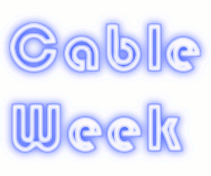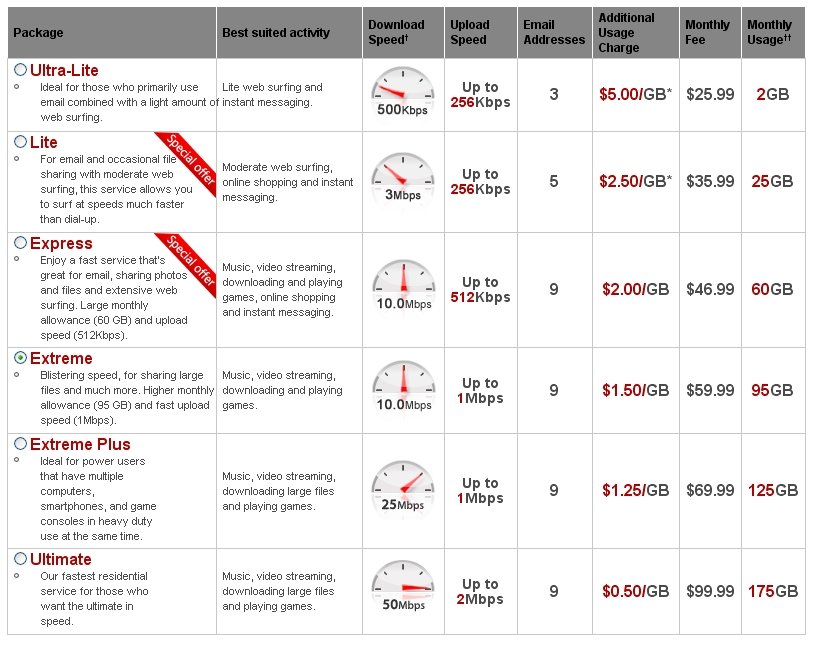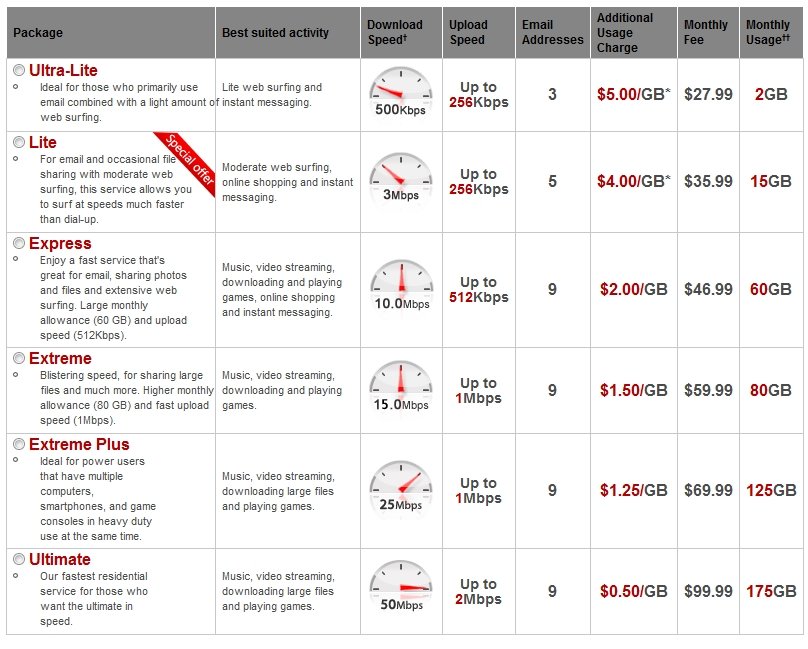Rogers, one of Canada’s largest telecom companies, will do anything to sell you their 3G wireless broadband Rocket Stick, even if it means scaring you away from using their own Wi-Fi hotspots.
Michael Geist, a popular columnist in Toronto, called Rogers about another matter, but the customer service agent soon began asking if Geist’s family used a laptop to access public Wi-Fi networks.
When I said that I did, he asked if I knew the dangers of using public Wi-Fi, which I was told included the possibility of hackers accessing my data or inserting viruses onto my computer. Given the risks, the agent continued, might I be interested in the Rogers’ Rocket Stick?
Geist was completely unimpressed with Rogers’ attempts at upselling through scare tactics.
“Mobile internet services are good products that can and should be sold on the basis of the convenience they provide, not by scaring consumers into thinking that alternative access services are unsafe,” Geist wrote.
More importantly, the irony of Rogers’ statements can’t be missed, as Geist notes:
- Rogers operates hundreds of public wifi hotspots across the country. When promoting its hotspots, it describes them as providing “high-speed, secure access to the Internet.”
- Rogers permits Internet tethering from many smartphones. Many users may find that tethering provides a more cost effective solution than purchasing yet another mobile Internet device. The agent did not mention this alternative.
- There are risks with public wifi, but those can be mitigated through a variety of steps on users’ computers. Advice on what do include Microsoft’s advice on public wifi networks, Lifehacker on how to stay safe on public wifi networks, and Ars Technica on staying safe at public hotspots.
Stories about the risks of Wi-Fi are not limited to Rogers. Several media outlets have been running stories ranging from the plausible:
[flv width=”640″ height=”380″]http://www.phillipdampier.com/video/CTV British Columbia – How to secure your Wi-Fi surfing 10-7-10.flv[/flv]
[flv width=”480″ height=”380″]http://www.phillipdampier.com/video/CTV SW Ontario Long Term Exposure to Wi-Fi 11-17-10.flv[/flv]
CTV in Southwest Ontario reports some area residents believe Wi-Fi causes diabetes and other ailments and wants Wi-Fi pulled from schools. (7 minutes)
Also not to be missed are Rogers’ impenetrable “Flex Rate Plans.” Would it not be easier to just say customers will be charged the amount of the rate plan that corresponds with their actual usage?
| Flex Rate Plans | |||
|---|---|---|---|
| Rogers unique Flex Rate service automatically adjusts the monthly fee based on your actual monthly usage. As you use more or less data, Rogers Flex Rate Data Plan will automatically roll up or down to the next best rate available. This guarantees you the best rate based on actual usage. | |||
| Tier | Monthly Fee | Data Included** | How Rogers Flex Rate Works |
| 1 | $35 |
500MB | You will start each month at Tier 1. If your monthly usage exceeds 500MB, then you move up automatically to Tier 2 and will be charged $40. |
| 2 | $40 |
1GB | If your monthly usage exceeds 1GB, then you move up automatically to Tier 3 and will be charged $55. |
| 3 | $55 |
2GB | If your monthly usage exceeds 2GB, then you move up automatically to Tier 4 and will be charged $70. |
| 4 | $70 | 5GB | If your monthly usage exceeds 5GB, $0.05 per additional MB will be charged. |


 Subscribe
Subscribe






